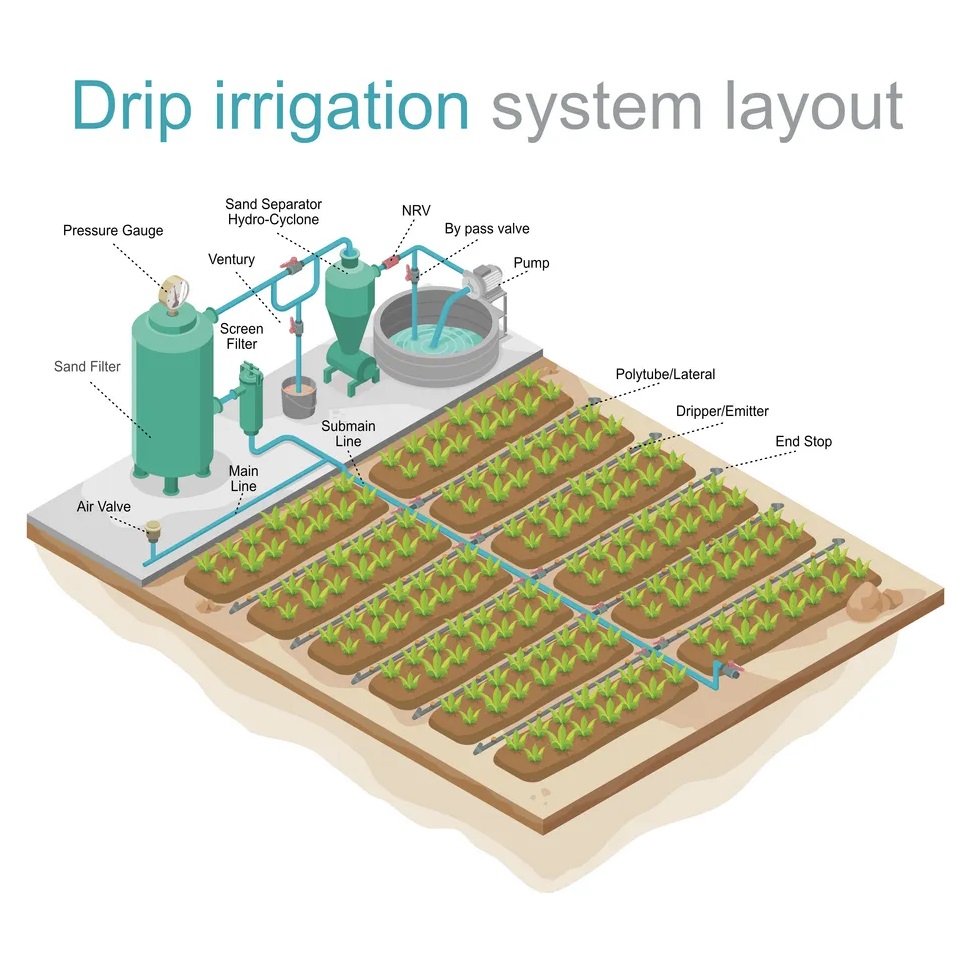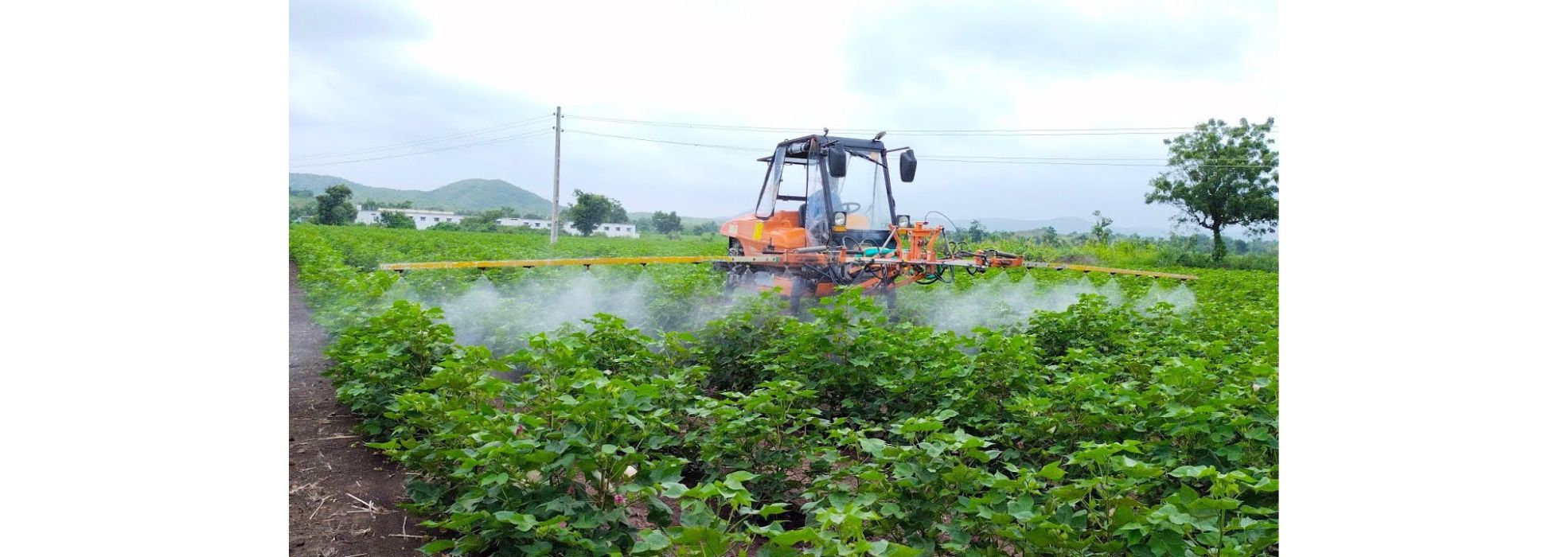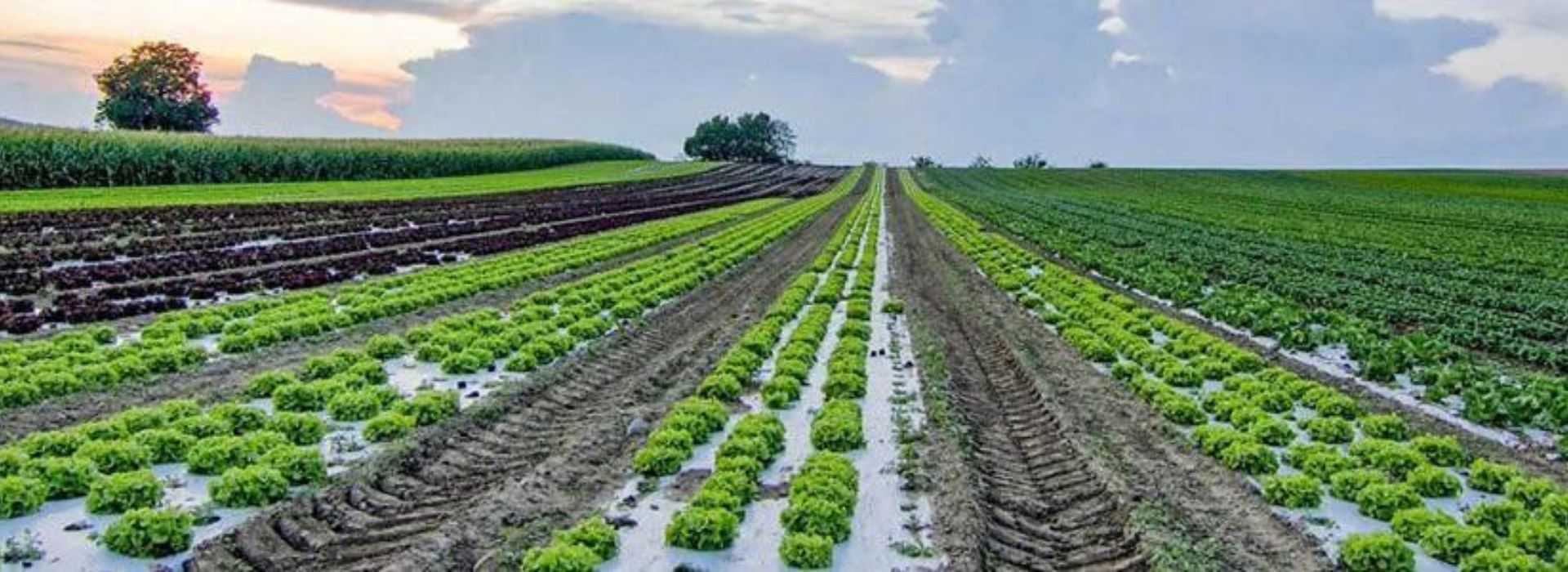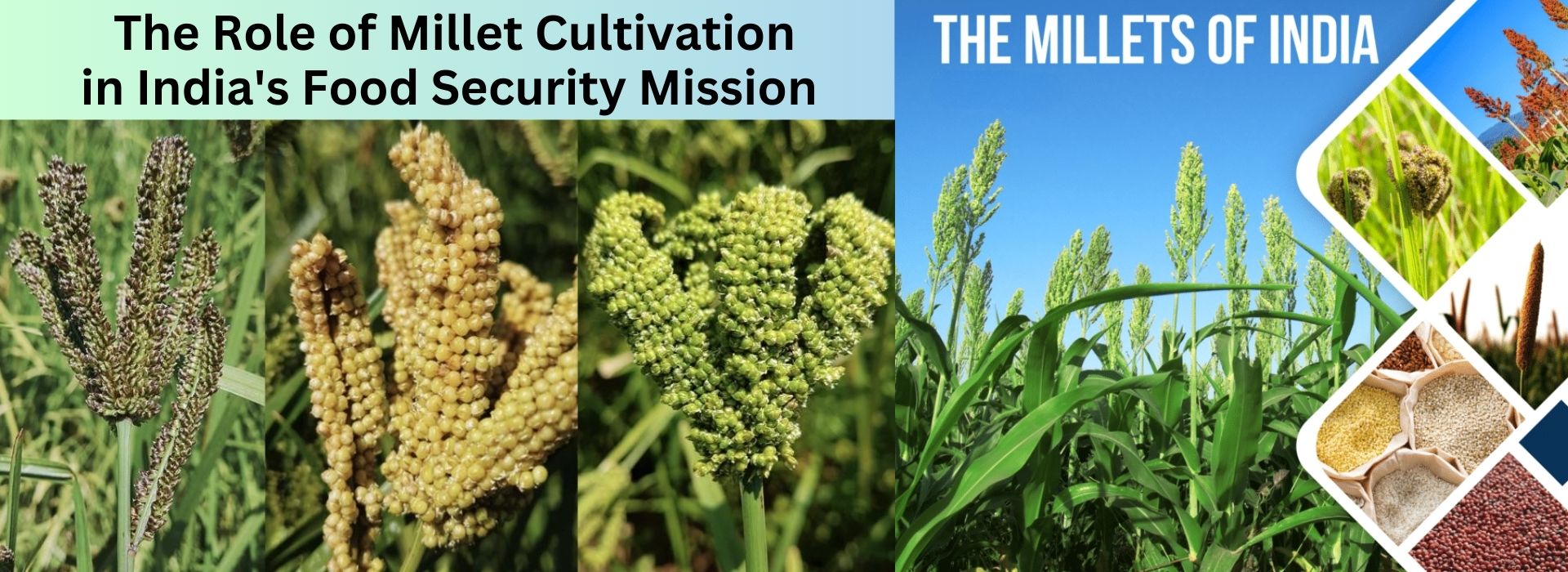The Benefits of Drip Irrigation System on Your Farm
December 28, 2023In the ever-evolving landscape of modern agriculture, the need for sustainable and efficient irrigation practices has become paramount. Among the various irrigation methods, the Drip Irrigation System stands out as a game-changer, offering farmers a precise, water-efficient, and cost-effective solution to optimize crop growth.
Understanding Drip Irrigation:
Drip irrigation is a method that delivers water directly to the base of each plant through a network of tubes, pipes, and emitters. Unlike traditional methods that broadcast water over the entire field, drip irrigation targets the root zone, providing a controlled and efficient water supply. This system can be adapted to various crops, soil types, and field layouts, making it a versatile choice for farmers worldwide.
Advantages of Drip Irrigation:
Water Conservation: Drip irrigation significantly reduces water wastage by delivering water precisely where it is needed—directly to the plant's root zone. This targeted application minimizes evaporation and runoff, promoting water conservation in the face of increasing global water scarcity.
Increased Crop Yields: The controlled and consistent supply of water and nutrients to each plant enhances their growth and productivity. Drip irrigation ensures that crops receive an optimal amount of water, leading to improved yields and higher-quality produce.
Energy Efficiency: Drip systems operate at lower pressure compared to traditional irrigation methods, resulting in reduced energy consumption. This energy efficiency not only lowers operational costs but also aligns with the growing emphasis on sustainable farming practices.
Weed and Disease Control: By delivering water directly to the root zone, drip irrigation helps in minimizing the growth of weeds, as only the cultivated plants receive water. Additionally, the controlled moisture levels reduce the likelihood of soil-borne diseases, promoting overall crop health.
Soil Erosion Prevention: Drip irrigation systems contribute to soil conservation by minimizing soil erosion. The targeted water application reduces surface runoff, ensuring that valuable topsoil is retained and preserving the long-term fertility of the land.
Adaptability and Precision: Drip systems can be customized to meet the specific needs of different crops, allowing for precise control over water and nutrient delivery. This adaptability makes drip irrigation suitable for a wide range of farming practices and crop varieties.
Remote Monitoring and Automation: Modern drip irrigation systems often come equipped with sensors and automation technology, allowing farmers to remotely monitor and control the irrigation process. This not only saves time but also enables real-time adjustments based on weather conditions and crop requirements.






Guest reviews
No reviews found for this Blog